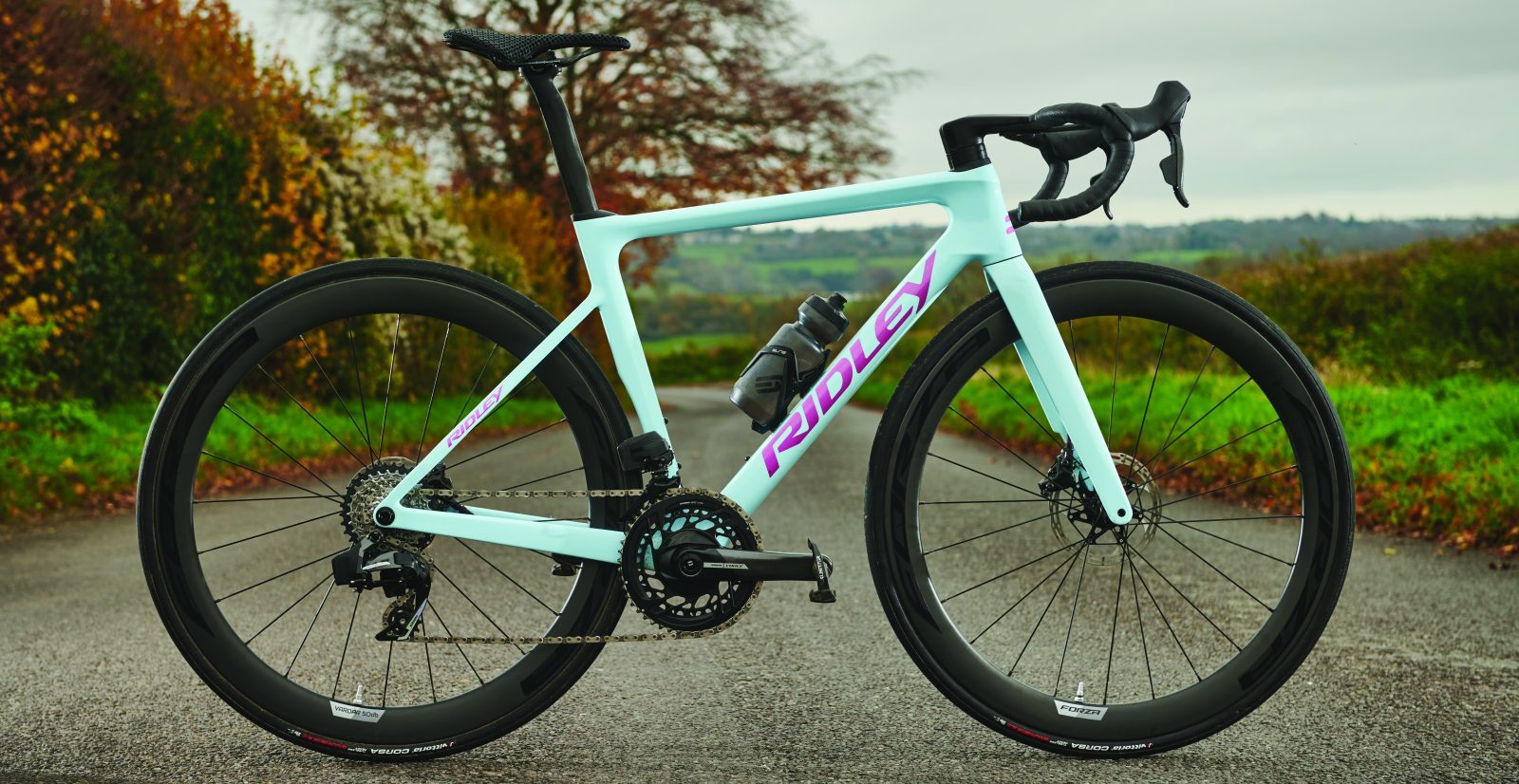No other sport demands or reveres suffering in the way that cycling does. Are we just masochists or is pain somehow necessary for understanding and improvement?
I’ve never heard anyone espouse the virtues of splitting wood with a machete. Still, it was the only tool I had available, so I used it. It swung down fiercely and hit its mark with a precision that might fool you into thinking I have good motor skills.
The blade cut cleanly through the log, and without the separating action provided by the bevelled head of a splitting axe, the two newly-created halves of the log had nowhere to dispense their energy but by travelling sharply upwards.
This wouldn’t have been a problem were it not for my face, which lay in the path of one of the halves. The resulting blow left my head feeling unusual; much larger than normal, and thicker too.
I don’t mind pain itself; in most cases it passes and leaves you with either a lesson or a memory that enriches your life in one way or another. What I don’t like about this particular kind of pain is the lack of control. I had no alternative but to wait as the pain forged its way through my system of nerves. One might argue that I was in control of the events that led to the log cutting my forehead open, but that argument ignores my inability to control my stupidity.
The words ‘pain’ and ‘suffering’ are often used together, usually interchangeably. This seems a careless error; pain can expand beyond physical and into mental or emotional realms, but suffering is another thing altogether.
The word ‘suffering’ has its origins in the Latin words sub, meaning from below, and ferre, meaning to bear. To suffer is to endure pain that springs from within – not simply to feel it, but to carry its heavy weight. On a map, our pain marks the waypoints, our suffering the route.
Pushing the boundaries
I am not a religious man, but I am fascinated by the worship of an enduring force that transcends the physical world. Every religion that I’m aware of pays close attention to the process of suffering and the value it provides. Buddhism seems particularly keen on the subject, though it gets a bit of a push thanks to a failure of translation from Pali (a dialect of Sanskrit) into English. The Buddha didn’t speak English, which means that I, who doesn’t speak any dialect of Sanskrit, am required to figure out what he was on about. Thankfully, I have the internet at my disposal and don’t need to rely on ‘knowledge’ or ‘research’ to sort the matter out. Dukkha, the word referenced in Buddhism and translated into ‘suffering’, refers to both physical pain and the stresses caused by impermanence or dependency.
I like to study things to find a message that helps me become a better person, not necessarily to find its original intent. To that end, the Buddhist sense of Dukkha speaks to experiencing things without clinging to them. Everything changes, every experience feels different to every person. Embrace change, embrace the fluidity of the moment. Express yourself in the moment but don’t let the moment define you. Suffering is measured by our ability to endure Dukkha. In this sense, suffering represents a kind of control where we actively participate in how we experience pain.
We eventually reveal our true selves as a manifestation of suffering, of hard work, determination and dedication
That element of choice, what psychologists refer to as the locus of control, is part of what allows us to feel pleasure through suffering. Having a choice unlocks our sense of control and through that unfolds an avenue of personal discovery by which we might learn something rudimentary about ourselves – that we might find a kind of salvation. Like Michelangelo wielding his hammer to chip away fragments of stone that obscure a great sculpture, we turn our pedals to chip away at our form, eventually revealing our true selves as a manifestation of suffering, of hard work, determination and dedication.
A glance at the images on these pages will show just how deep into the well of suffering the pros can go. Theirs is a world where the ability to suffer, to push the human body to its physical limits and then keep going by sheer force
of will, is the commodity by which they earn their wages.
It has always been thus, however the connection between suffering and winning has become more refined in recent years. Back when the Tour de France began in 1903, the route was 2,428km over just six stages, for an average of 405km per stage. By comparison, the 2013 Tour was 3,404km over 21 stages for an average of 162km. In 1903 the bicycles weighed upwards of 15kg and had only two gears, plus riders weren’t allowed any outside assistance or they risked disqualification.
When compared to those pioneers of bicycle racing, it’s easy to assume that today’s pros are soft and pampered, with their superlight bikes, 22 gears and teams of mechanics and doctors in attendance. However, to quote Greg LeMond, ‘It doesn’t get easier, you just go faster.’ Back in the pre-war years, bike races were as likely to be won by elements of luck and circumstance – whether or not your bike fell apart or you fell off a cliff – as by fitness and determination. These days, with mechanical and medical issues minimised and training and tactics standardised, often the only difference between the winners and the wannabes is the capacity to endure the agony of the race better than the next man.
To ride a bike is to enter a simplified world where we can more easily find control
The quality of a cyclist is measured by their ability to suffer; the ability to suffer comes from the sensation that we may somehow control the pain. To ride a bicycle is to enter a simplified world where we can more easily find control; we are dependent on nothing but our own willingness to do the work to become better. Every time we choose to bear the burden of the pain we inflict upon ourselves, we build our capacity to suffer. Put in the work at one end, and a better cyclist emerges from the other.








